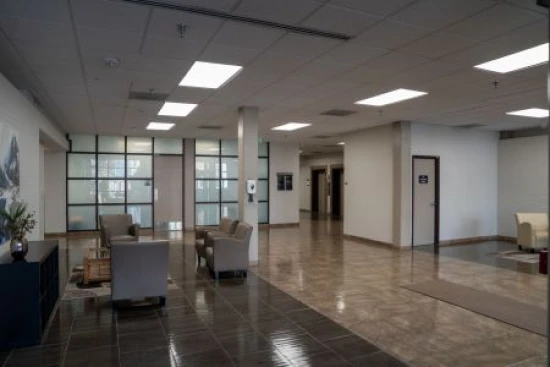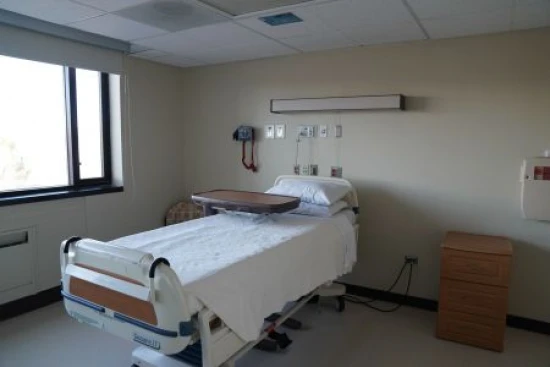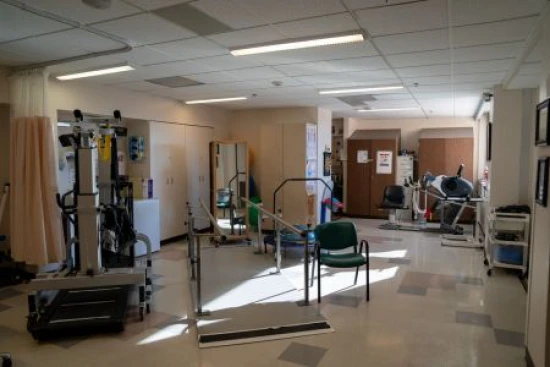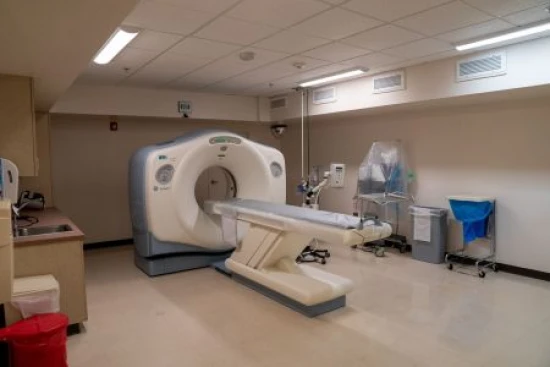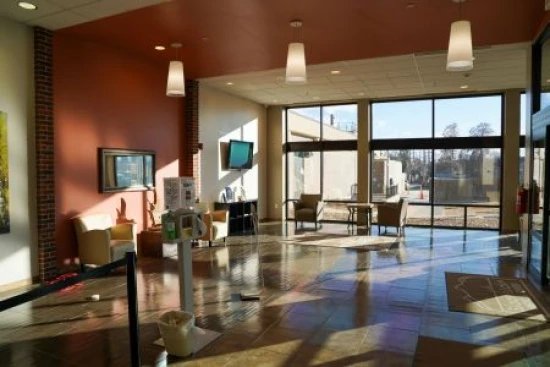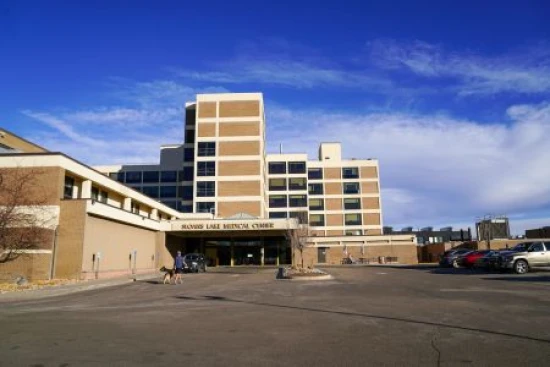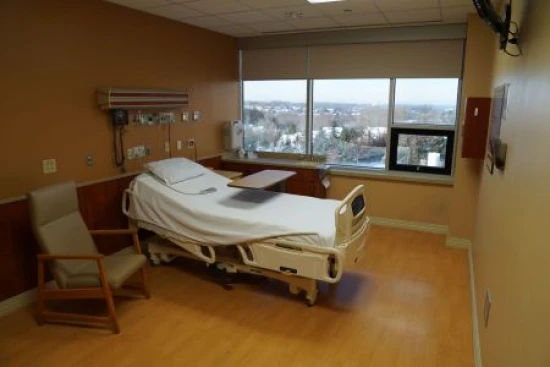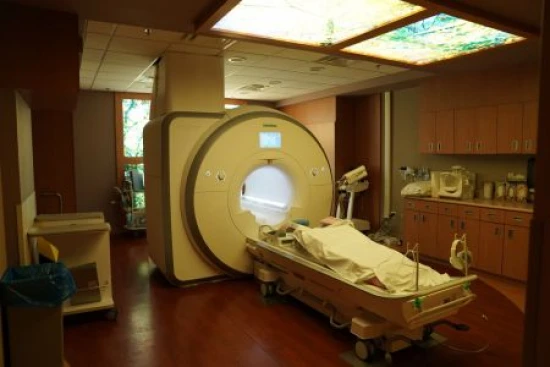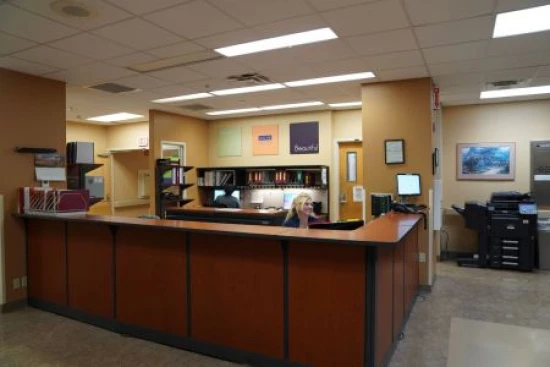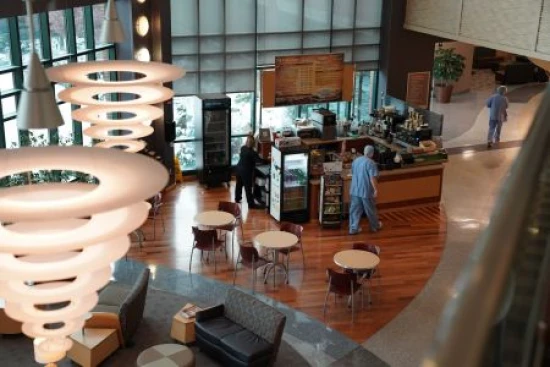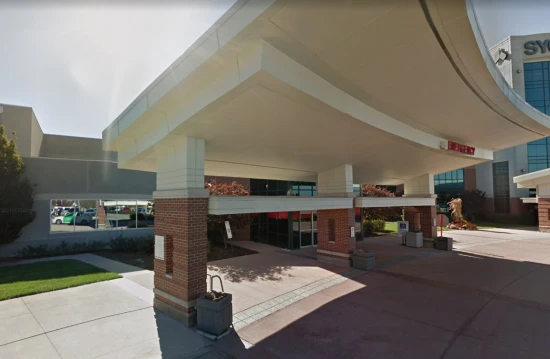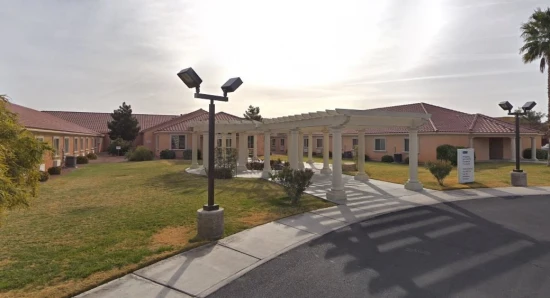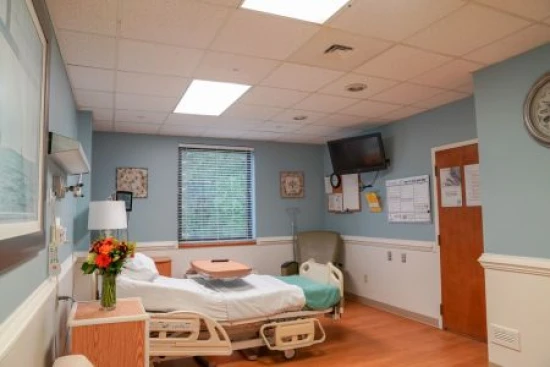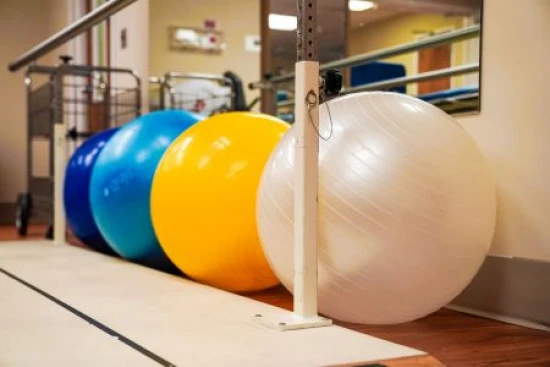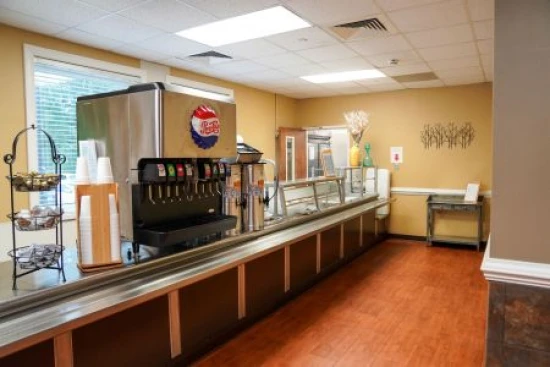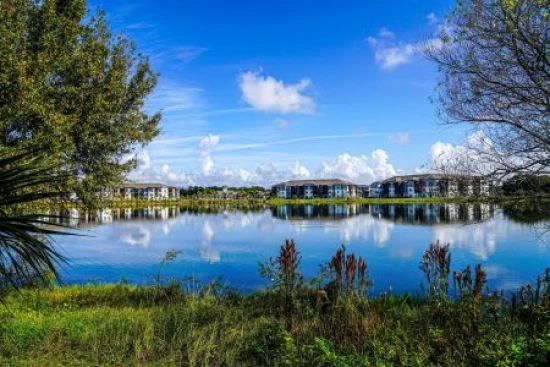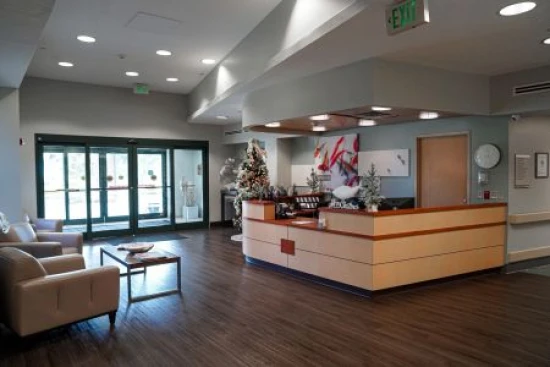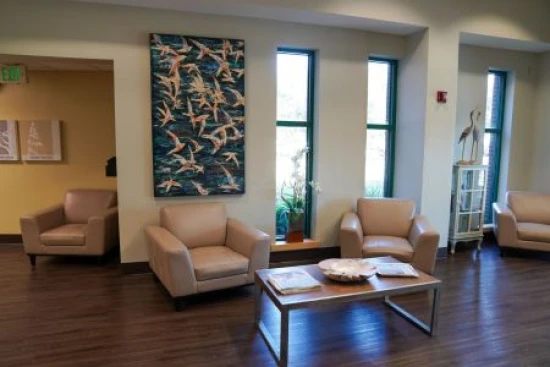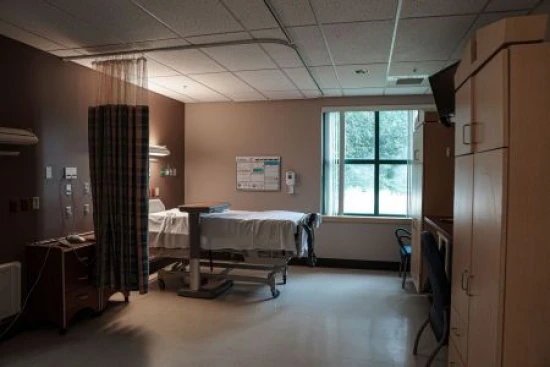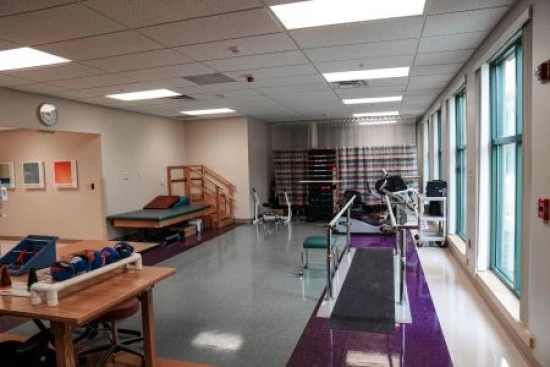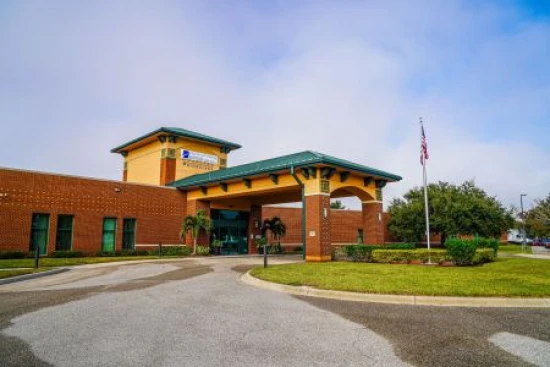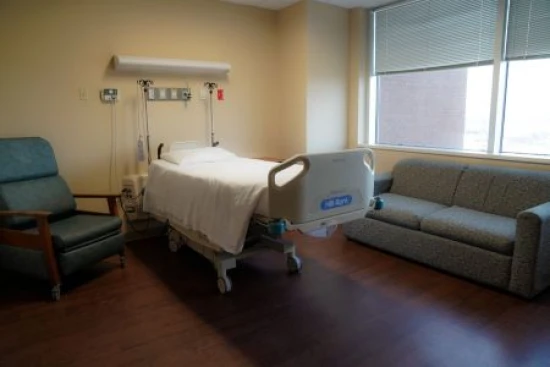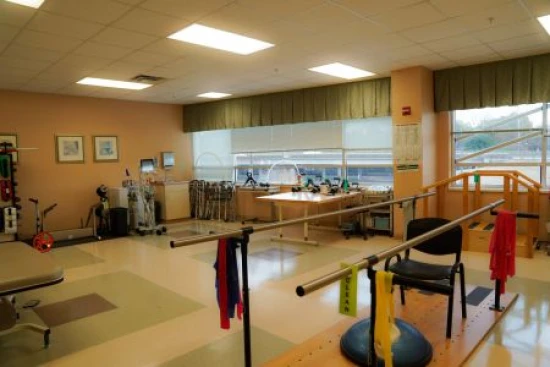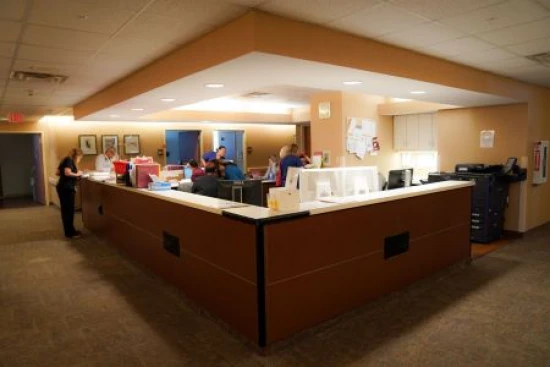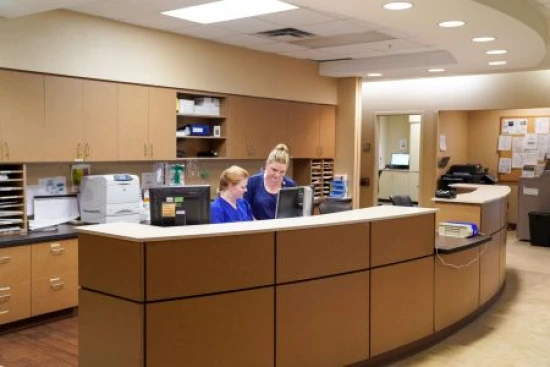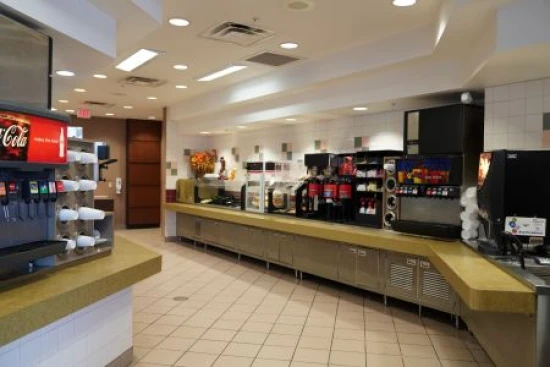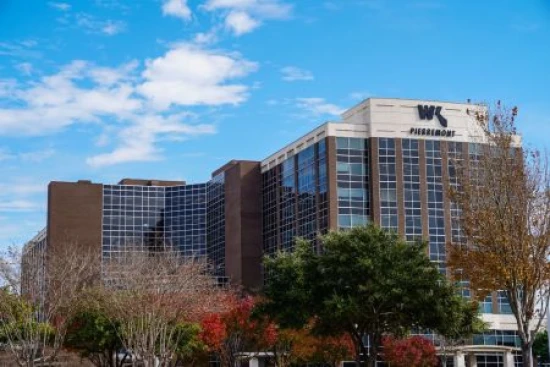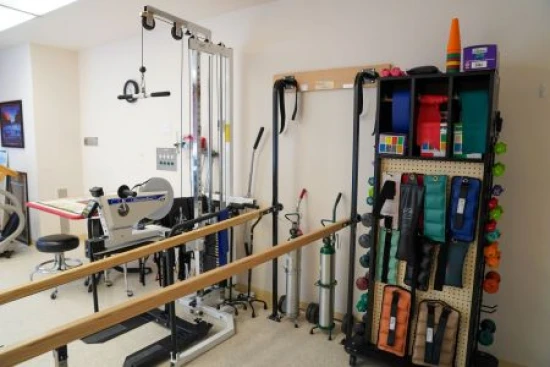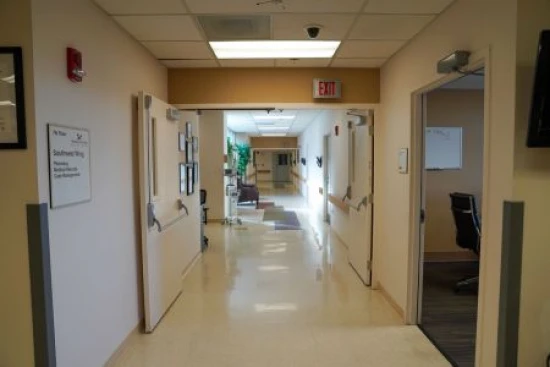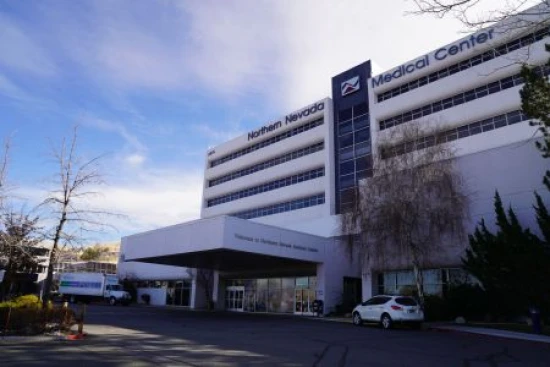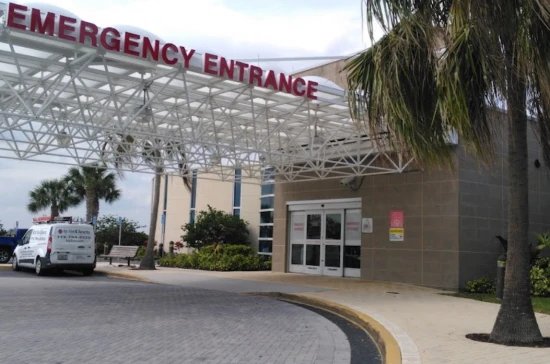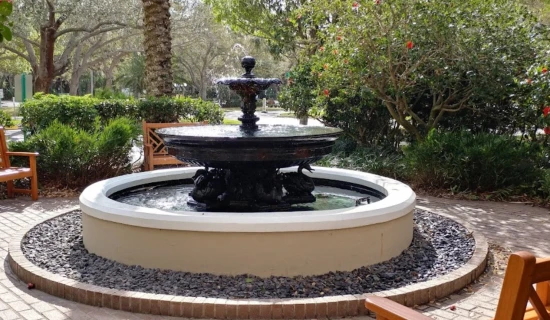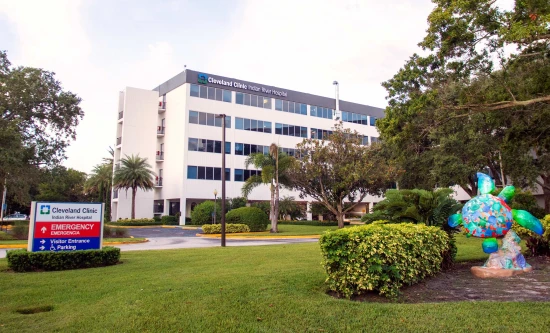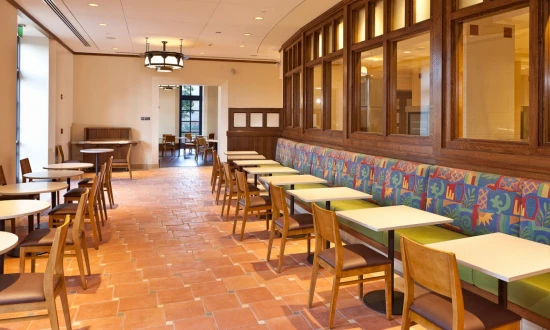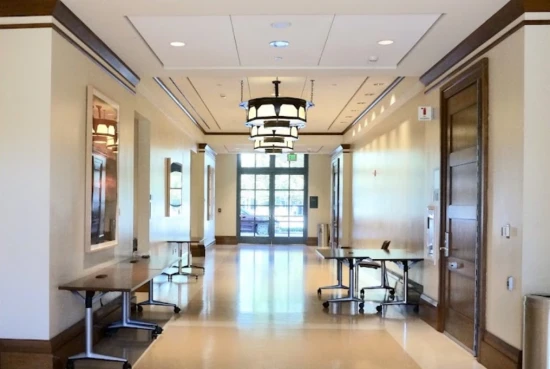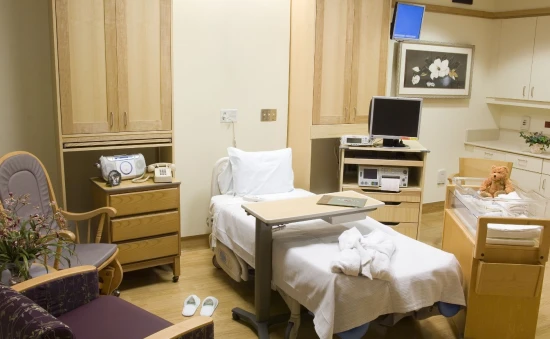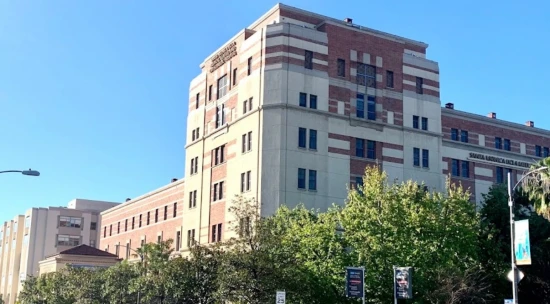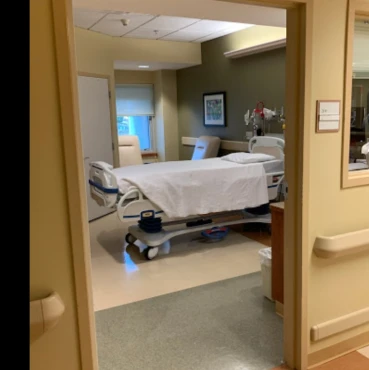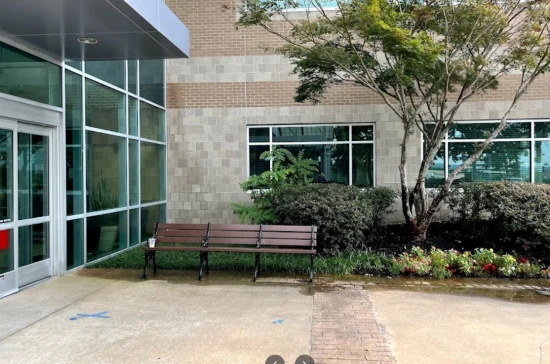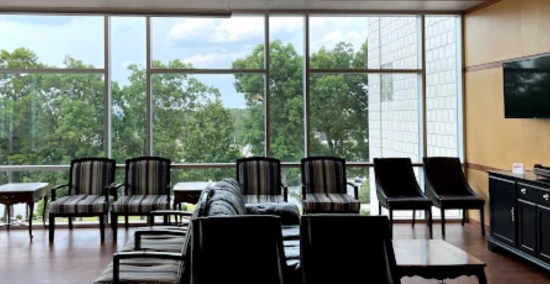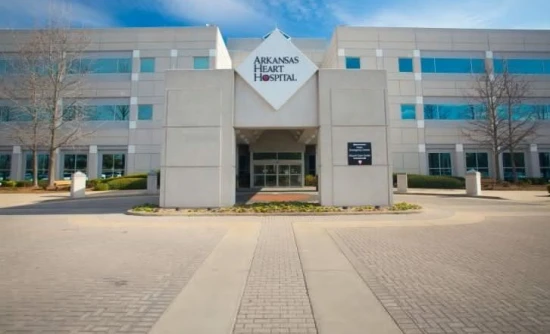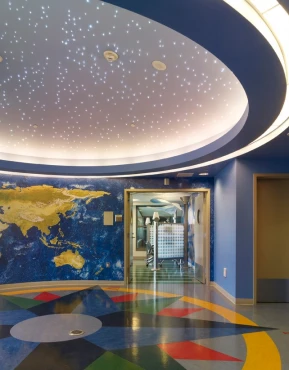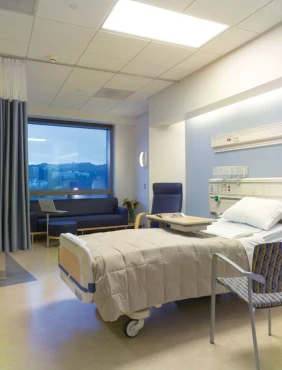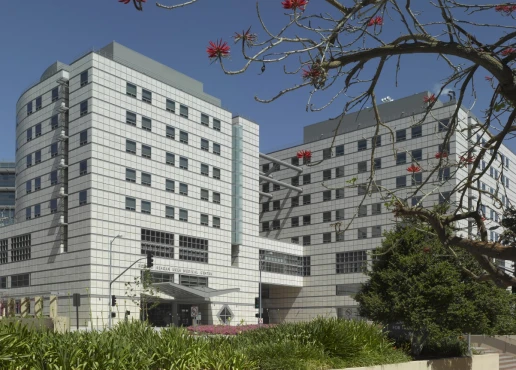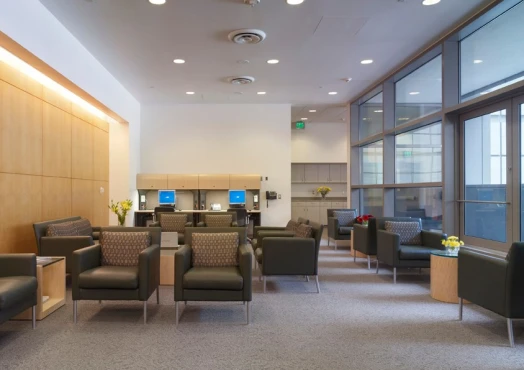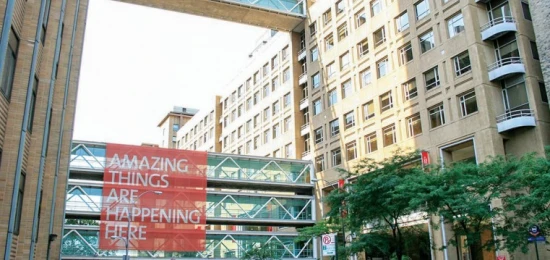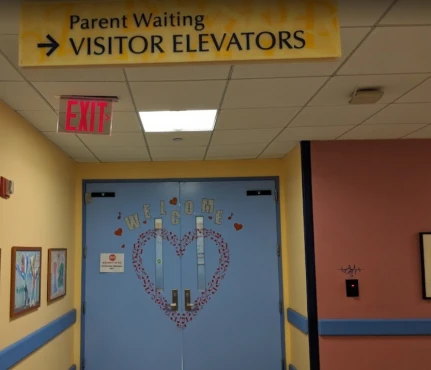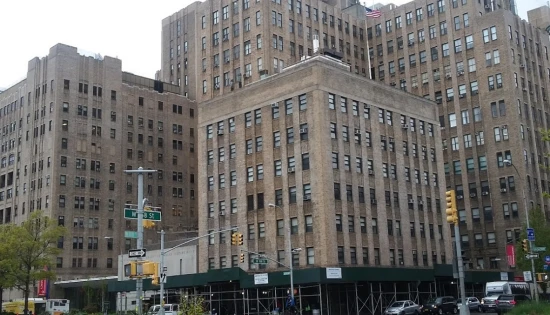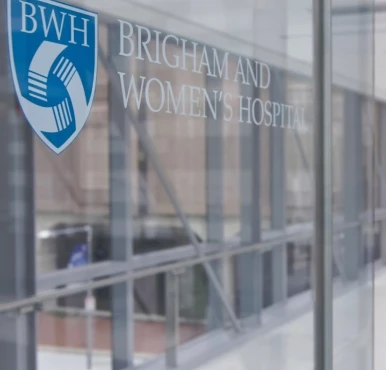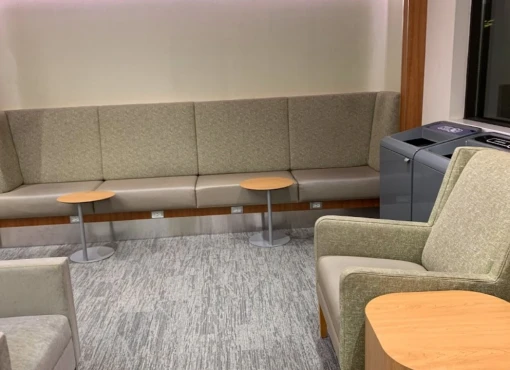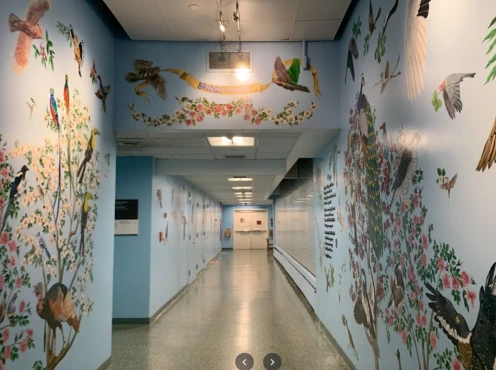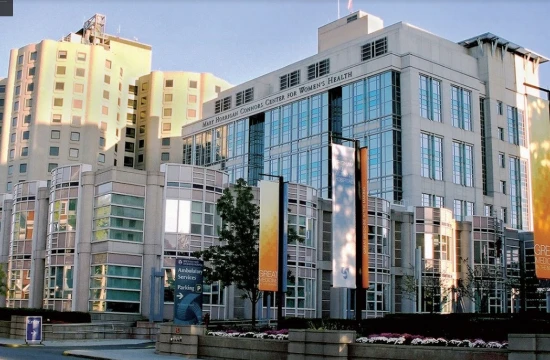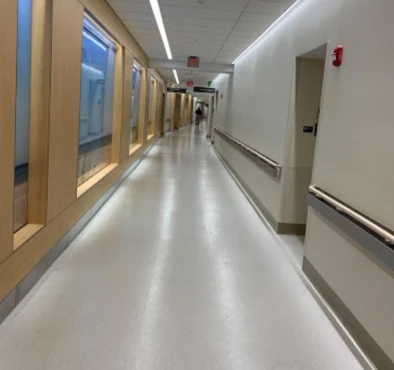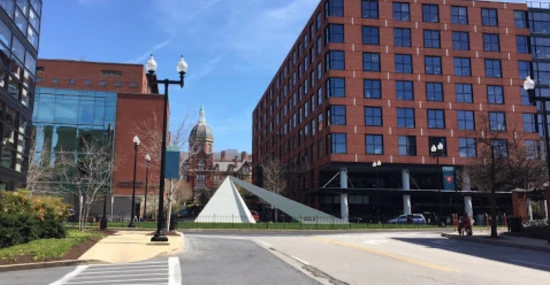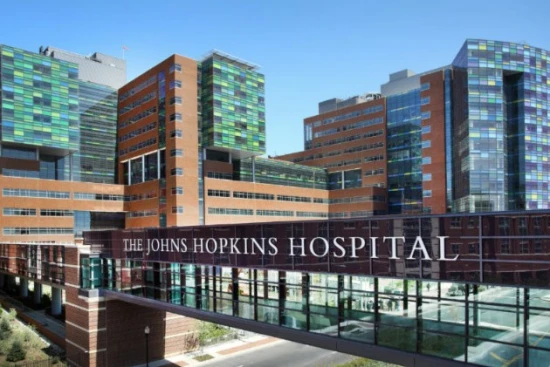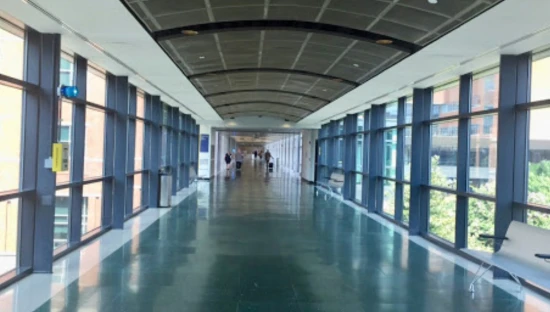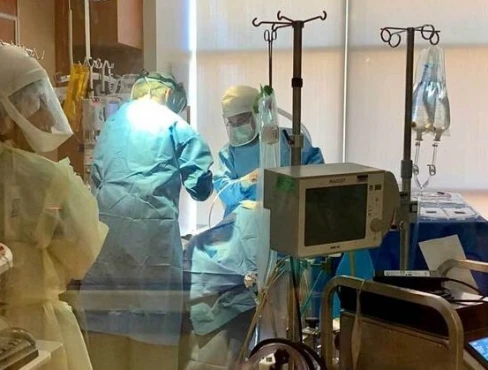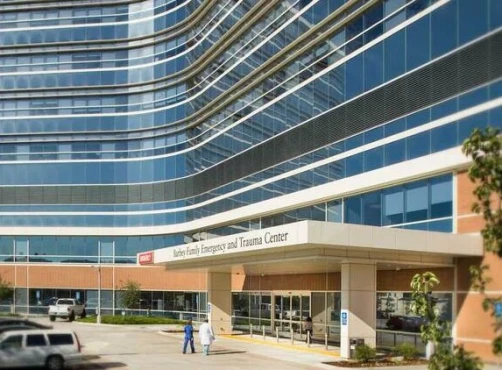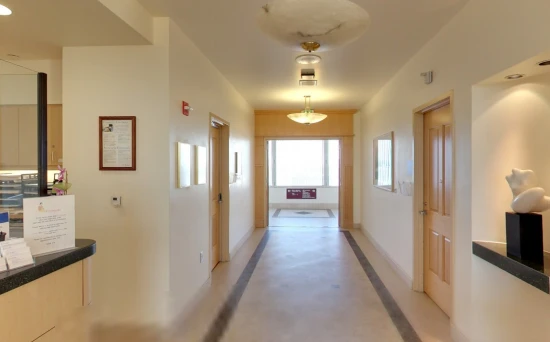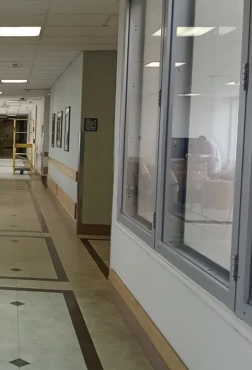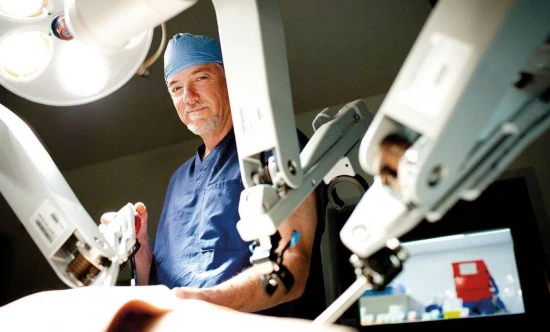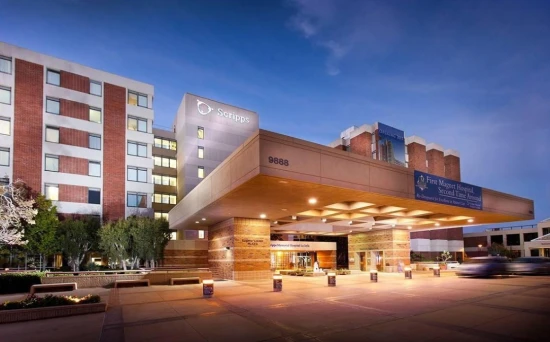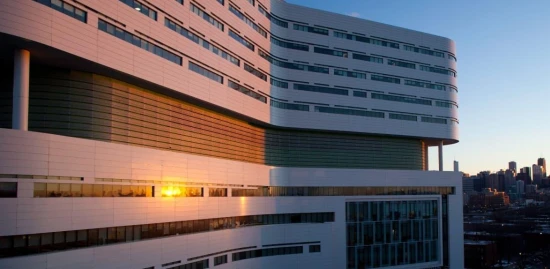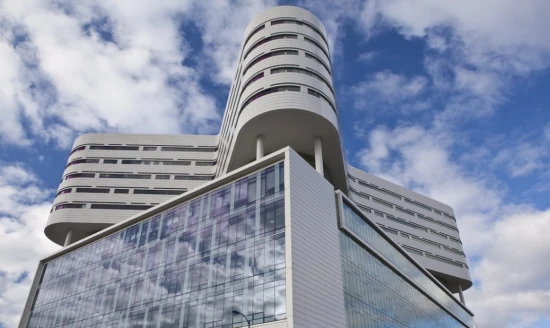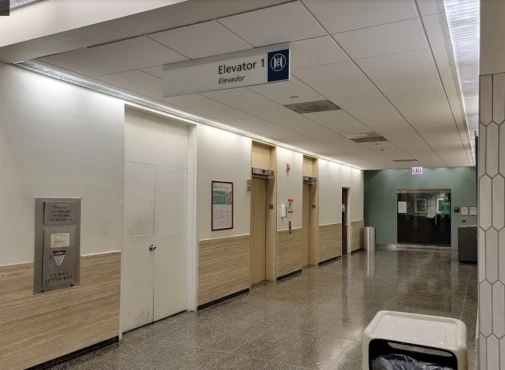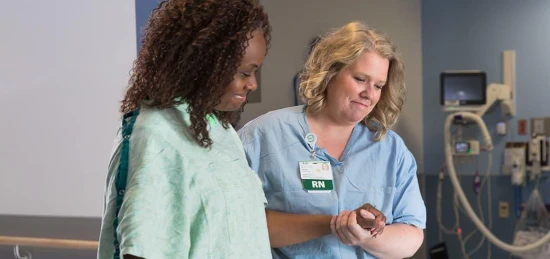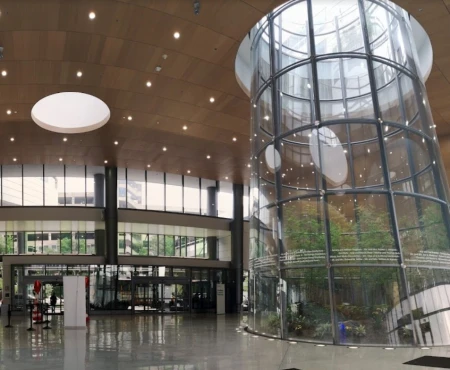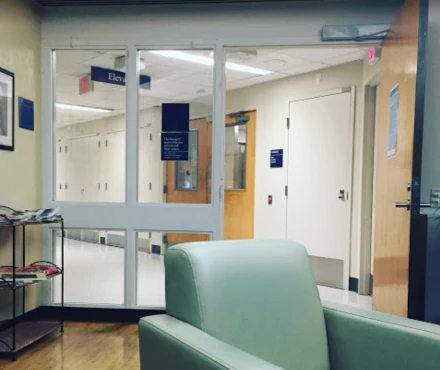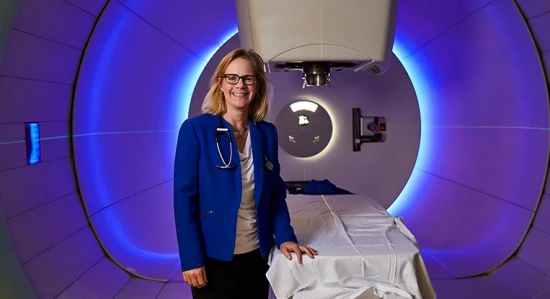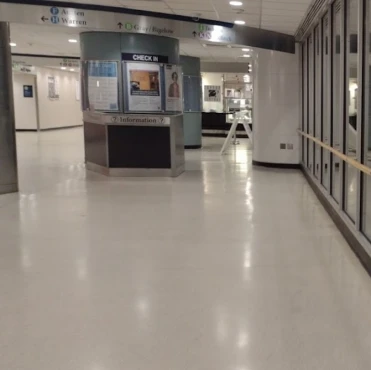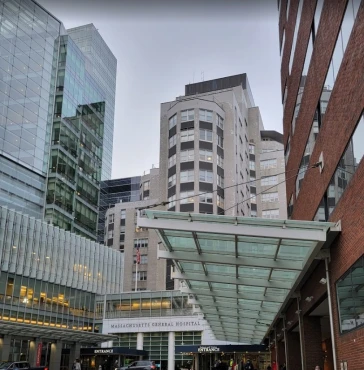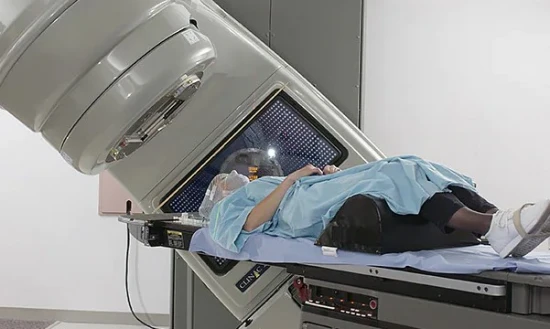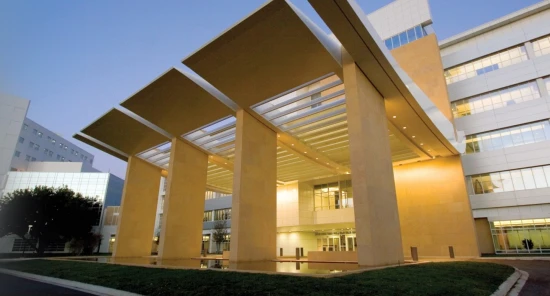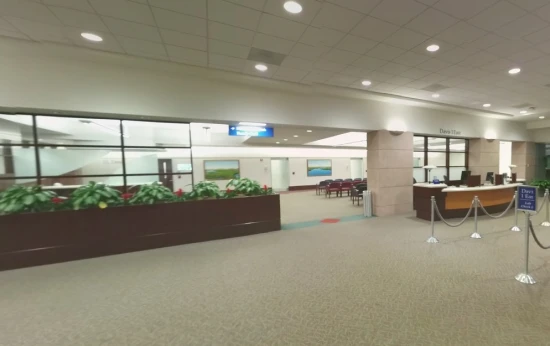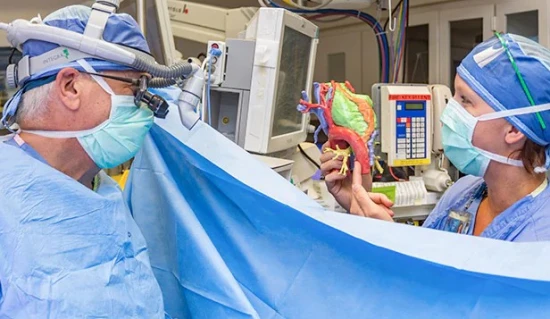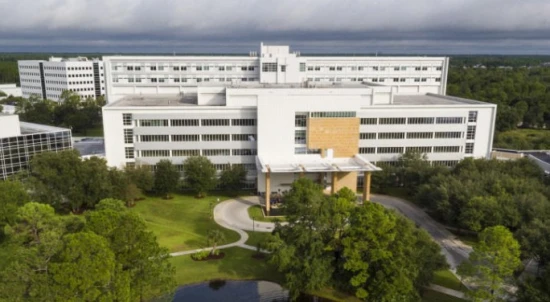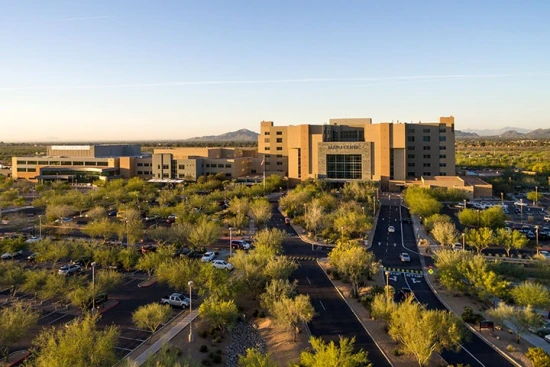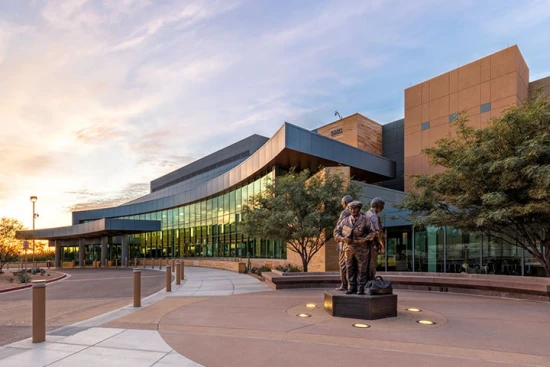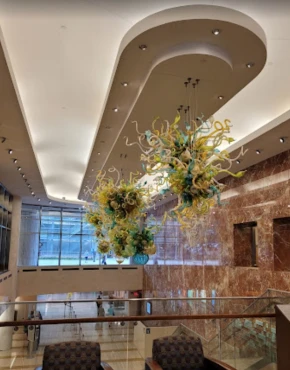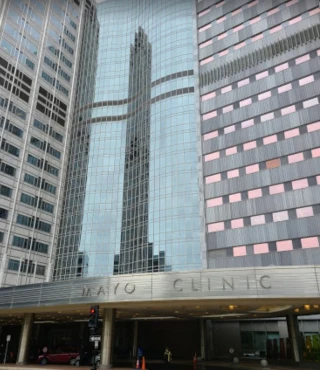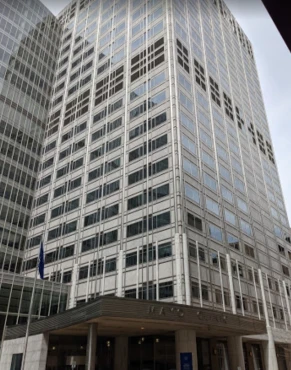Myocardial infarction (MI) treatment in 26 Cardiac surgery clinics in United States
26 clinics specializing in Cardiac surgery providing treatment of
Myocardial infarction (MI)
Myocardial infarction (MI), commonly known as a heart attack, occurs when blood flow to a part of the heart is blocked, leading to the death of heart muscle tissue. It is a medical emergency and requires immediate treatment to restore blood flow and prevent further damage.
Read more...
disease in United States.
-
Temporary pacemaker implantation
≈ $5,653
-
Dual chamber pacemaker insertion
$52,940
-
Permanent pacemaker implantation
≈ $30,870
-
Single chamber pacemaker insertion
$43,945
-
Insertion of one electrode for implanted pacemaker or defibrillator
$23,015
-
Insertion of two electrodes for implanted pacemaker or defibrillator
$23,015
-
Removal of permanent pacemaker
≈ $27,565
-
Change of defibrillator
≈ $42,136
-
Cardiac resynchronization therapy with pacemaker (CRT-P)
≈ $71,285
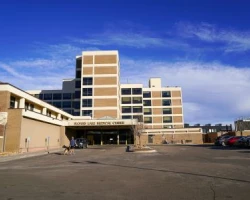
-
Temporary pacemaker implantation
≈ $5,653
-
Dual chamber pacemaker insertion
$45,370
-
Permanent pacemaker implantation
≈ $30,870
-
Single chamber pacemaker insertion
$37,665
-
Insertion of one electrode for implanted pacemaker or defibrillator
$19,725
-
Insertion of two electrodes for implanted pacemaker or defibrillator
$19,725
-
Cardiac resynchronization therapy with pacemaker (CRT-P)
≈ $71,285
-
Cardiac resynchronization therapy with defibrillator (CRT-D)
≈ $103,477
-
Pacemaker replacement
≈ $25,065
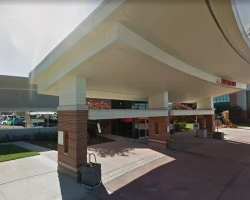
-
Temporary pacemaker implantation
≈ $5,653
-
Dual chamber pacemaker insertion
$27,225
-
Permanent pacemaker implantation
≈ $30,870
-
Single chamber pacemaker insertion
$22,600
-
Insertion of one electrode for implanted pacemaker or defibrillator
$11,835
-
Insertion of two electrodes for implanted pacemaker or defibrillator
$11,835
-
Cardiac resynchronization therapy with pacemaker (CRT-P)
≈ $71,285
-
Cardiac resynchronization therapy with defibrillator (CRT-D)
≈ $103,477
-
Removal of permanent pacemaker
≈ $27,565
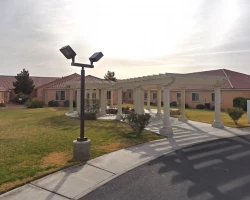
-
Temporary pacemaker implantation
≈ $5,653
-
Dual chamber pacemaker insertion
$45,370
-
Permanent pacemaker implantation
≈ $30,870
-
Single chamber pacemaker insertion
$37,665
-
Insertion of one electrode for implanted pacemaker or defibrillator
$19,725
-
Insertion of two electrodes for implanted pacemaker or defibrillator
$19,725
-
Cardiac resynchronization therapy with pacemaker (CRT-P)
≈ $71,285
-
Cardiac resynchronization therapy with defibrillator (CRT-D)
≈ $103,477
-
Removal of permanent pacemaker
≈ $27,565
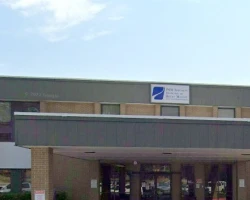
-
Temporary pacemaker implantation
≈ $5,653
-
Dual chamber pacemaker insertion
$26,970
-
Permanent pacemaker implantation
≈ $30,870
-
Single chamber pacemaker insertion
$22,390
-
Insertion of one electrode for implanted pacemaker or defibrillator
$11,725
-
Insertion of two electrodes for implanted pacemaker or defibrillator
$11,725
-
Change of defibrillator
≈ $42,136
-
Management of ICD system
≈ $6,381
-
Angioplasty of the pulmonary artery
≈ $25,741
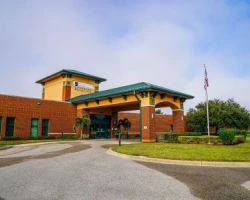
-
Temporary pacemaker implantation
≈ $5,653
-
Dual chamber pacemaker insertion
$47,135
-
Permanent pacemaker implantation
≈ $30,870
-
Single chamber pacemaker insertion
$37,665
-
Insertion of one electrode for implanted pacemaker or defibrillator
$19,725
-
Insertion of two electrodes for implanted pacemaker or defibrillator
$19,725
-
Cardiac resynchronization therapy with pacemaker (CRT-P)
≈ $71,285
-
Cardiac resynchronization therapy with defibrillator (CRT-D)
≈ $103,477
-
Removal of permanent pacemaker
≈ $27,565
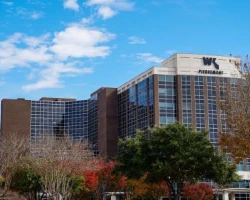
-
Temporary pacemaker implantation
≈ $5,653
-
Dual chamber pacemaker insertion
$45,370
-
Permanent pacemaker implantation
≈ $30,870
-
Single chamber pacemaker insertion
$37,665
-
Insertion of one electrode for implanted pacemaker or defibrillator
$19,725
-
Insertion of two electrodes for implanted pacemaker or defibrillator
$19,725
-
Cardiac resynchronization therapy with pacemaker (CRT-P)
≈ $71,285
-
Cardiac resynchronization therapy with defibrillator (CRT-D)
≈ $103,477
-
Removal of permanent pacemaker
≈ $27,565
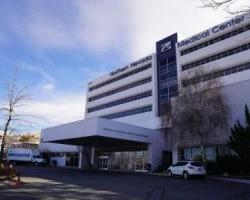
-
Percutaneous coronary intervention (PCI) with angioplasty
≈ $28,653
-
Percutaneous coronary intervention (PCI) with stent insertion
≈ $42,212
-
Heart valve replacement
≈ $99,929
-
Heart valve repair
≈ $97,982
-
Aortic valve replacement (AVR)
≈ $151,045
-
Mitral valve replacement (MVR)
≈ $38,590
-
Transcatheter aortic valve replacement (TAVR)
≈ $97,020
-
Radiofrequency ablation (RFA)
≈ $93,620
-
Catheter cardiac ablation
≈ $25,360
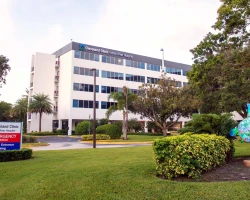
-
Percutaneous coronary intervention (PCI) with angioplasty
≈ $28,653
-
Percutaneous coronary intervention (PCI) with stent insertion
$96,695
-
Fractional flow reserve (FFR)
≈ $6,563
-
Rotational atherectomy
≈ $12,671
-
Total hip replacement (Unilateral)
$100,085
-
Hemicolectomy
$174,945
-
Cervical fusion
$142,175
-
Posterior lumbar interbody fusion (PLIF)
$144,970
-
Anterior lumbar interbody fusion (ALIF)
$144,970
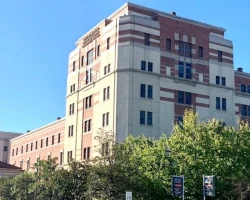
-
Redo heart surgery
≈ $54,242
-
Off-pump coronary artery bypass surgery
≈ $88,779
-
Cardiac catheterization
≈ $9,925
-
Intraaortic balloon pump (IABP) procedure
≈ $15,075
-
Temporary pacemaker implantation
≈ $5,653
-
Percutaneous coronary intervention (PCI) with angioplasty
≈ $28,653
-
Percutaneous coronary intervention (PCI) with stent insertion
≈ $42,212
-
Dual chamber pacemaker insertion
≈ $37,341
-
Coronary artery bypass graft (CABG)
≈ $137,815
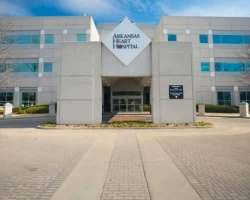
-
Redo heart surgery
≈ $54,242
-
Off-pump coronary artery bypass surgery
≈ $88,779
-
Cardiac catheterization
≈ $9,925
-
Intraaortic balloon pump (IABP) procedure
$256,865
-
Temporary pacemaker implantation
≈ $5,653
-
Percutaneous coronary intervention (PCI) with angioplasty
≈ $28,653
-
Percutaneous coronary intervention (PCI) with stent insertion
$116,225
-
Dual chamber pacemaker insertion
≈ $37,341
-
Coronary artery bypass graft (CABG)
$295,965
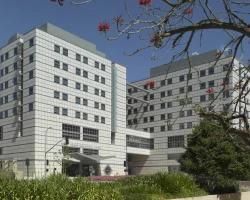
-
Redo heart surgery
≈ $54,242
-
Off-pump coronary artery bypass surgery
≈ $88,779
-
Cardiac catheterization
≈ $9,925
-
Intraaortic balloon pump (IABP) procedure
≈ $15,075
-
Temporary pacemaker implantation
≈ $5,653
-
Percutaneous coronary intervention (PCI) with angioplasty
≈ $28,653
-
Percutaneous coronary intervention (PCI) with stent insertion
≈ $42,212
-
Dual chamber pacemaker insertion
≈ $37,341
-
Coronary artery bypass graft (CABG)
≈ $137,815
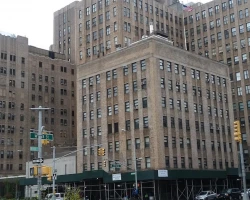
-
Redo heart surgery
≈ $54,242
-
Off-pump coronary artery bypass surgery
≈ $88,779
-
Cardiac catheterization
≈ $9,925
-
Intraaortic balloon pump (IABP) procedure
≈ $15,075
-
Temporary pacemaker implantation
≈ $5,653
-
Percutaneous coronary intervention (PCI) with angioplasty
≈ $28,653
-
Percutaneous coronary intervention (PCI) with stent insertion
≈ $42,212
-
Dual chamber pacemaker insertion
≈ $37,341
-
Coronary artery bypass graft (CABG)
≈ $137,815
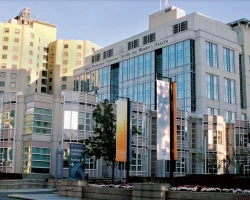
-
Redo heart surgery
≈ $54,242
-
Off-pump coronary artery bypass surgery
≈ $88,779
-
Cardiac catheterization
≈ $9,925
-
Intraaortic balloon pump (IABP) procedure
≈ $15,075
-
Temporary pacemaker implantation
≈ $5,653
-
Dual chamber pacemaker insertion
≈ $37,341
-
Coronary artery bypass graft (CABG)
≈ $137,815
-
Heart valve replacement
≈ $99,929
-
Heart valve repair
≈ $97,982
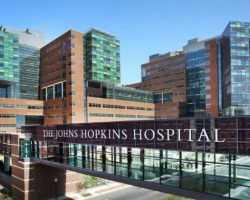
-
Redo heart surgery
≈ $54,242
-
Off-pump coronary artery bypass surgery
≈ $88,779
-
Cardiac catheterization
≈ $9,925
-
Intraaortic balloon pump (IABP) procedure
≈ $15,075
-
Temporary pacemaker implantation
≈ $5,653
-
Percutaneous coronary intervention (PCI) with angioplasty
≈ $28,653
-
Percutaneous coronary intervention (PCI) with stent insertion
≈ $42,212
-
Dual chamber pacemaker insertion
≈ $37,341
-
Coronary artery bypass graft (CABG)
≈ $137,815
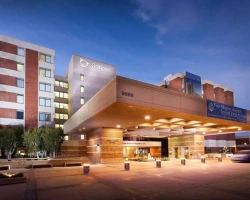
-
Redo heart surgery
≈ $54,242
-
Off-pump coronary artery bypass surgery
≈ $88,779
-
Cardiac catheterization
≈ $9,925
-
Intraaortic balloon pump (IABP) procedure
≈ $15,075
-
Temporary pacemaker implantation
≈ $5,653
-
Percutaneous coronary intervention (PCI) with angioplasty
≈ $28,653
-
Percutaneous coronary intervention (PCI) with stent insertion
≈ $42,212
-
Dual chamber pacemaker insertion
≈ $37,341
-
Coronary artery bypass graft (CABG)
≈ $137,815
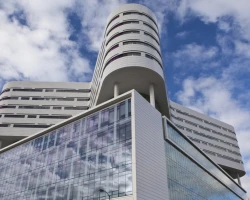
-
Redo heart surgery
≈ $54,242
-
Off-pump coronary artery bypass surgery
≈ $88,779
-
Cardiac catheterization
≈ $9,925
-
Intraaortic balloon pump (IABP) procedure
≈ $15,075
-
Temporary pacemaker implantation
≈ $5,653
-
Percutaneous coronary intervention (PCI) with angioplasty
≈ $28,653
-
Percutaneous coronary intervention (PCI) with stent insertion
≈ $42,212
-
Dual chamber pacemaker insertion
≈ $37,341
-
Coronary artery bypass graft (CABG)
≈ $137,815
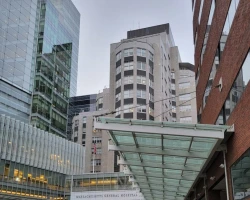
-
Redo heart surgery
≈ $54,242
-
Off-pump coronary artery bypass surgery
≈ $88,779
-
Cardiac catheterization
≈ $9,925
-
Intraaortic balloon pump (IABP) procedure
≈ $15,075
-
Temporary pacemaker implantation
≈ $5,653
-
Dual chamber pacemaker insertion
≈ $37,341
-
Coronary artery bypass graft (CABG)
$190,925 - $293,730
-
Heart valve replacement
≈ $99,929
-
Heart valve repair
≈ $97,982
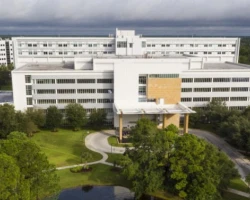
-
Redo heart surgery
≈ $54,242
-
Off-pump coronary artery bypass surgery
≈ $88,779
-
Cardiac catheterization
$1,870 - $2,490
-
Intraaortic balloon pump (IABP) procedure
≈ $15,075
-
Temporary pacemaker implantation
≈ $5,653
-
Dual chamber pacemaker insertion
≈ $37,341
-
Coronary artery bypass graft (CABG)
$208,175 - $277,565
-
Heart valve replacement
≈ $99,929
-
Heart valve repair
$186,535 - $248,710
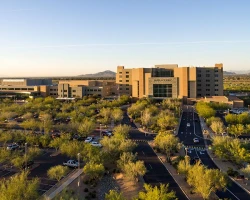
-
Redo heart surgery
≈ $54,242
-
Off-pump coronary artery bypass surgery
≈ $88,779
-
Cardiac catheterization
≈ $9,925
-
Intraaortic balloon pump (IABP) procedure
≈ $15,075
-
Temporary pacemaker implantation
≈ $5,653
-
Dual chamber pacemaker insertion
≈ $37,341
-
Coronary artery bypass graft (CABG)
$223,340 - $248,150
-
Heart valve replacement
≈ $99,929
-
Heart valve repair
$201,990 - $224,435
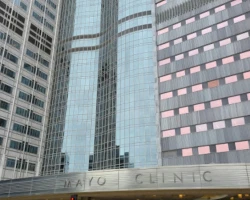
Clinics grouping by rating
Clinic with the highest rating of 4.3 — PAM Health Specialty Hospital of Shreveport North in Shreveport, United States and 1 more, clinic with the most reviews number of 1569 — Beth Israel Deaconess Medical Center (BIDMC) in Boston, United States.
With rating 4.0 and over — 6 clinics .
Countries with the highest number of clinics treating the diseases:
Myocardial infarction (MI):
Related procedures:
Quick navigation
- Balloon angioplasty and stenting of aorta coarctation ≈ $51,497
- Cardiac catheterization $1,870 - $9,925
- Coarctectomy in children ≈ $77,085
- Coil embolization of intracardiac shunts and fistulas ≈ $31,763
- Extracorporeal membrane oxygenation (ECMO) ≈ $1,131,510
- Heart tumor surgery ≈ $73,072
- Intraaortic balloon pump (IABP) procedure $15,075 - $256,865
- Left atrial appendage occlusion $33,075 - $163,295
- MAZE procedure $69,391 - $166,340
- Minimally invasive valvular heart surgery with valve repair or replacement by request
- NobleStitch™ PFO closure procedure by request
- Open-heart intracardiac foreign body removal ≈ $100,918
- Patent ductus arteriosus (PDA) open heart surgery in adults ≈ $45,341
- Percutaneous ASD closure $22,050 - $163,295
- Percutaneous closure of ventricular septal defect (VSD) $52,539 - $163,295
- Rashkind procedure ≈ $38,672
- Surgery for tetralogy of Fallot (TOF) in adults ≈ $58,443
- Surgical ventricular restoration (SVR) ≈ $78,589
- Transcatheter closure of patent ductus arteriosus (PDA) in adults ≈ $45,406
- Ventricular septal defect (VSD) repair ≈ $21,785
- Aortic valve insufficiency
- Aortic valve stenosis
- Atrial fibrillation (AFib)
- Coarctation of the aorta (CoA)
- Foreign bodies in the heart
- Heart failure
- Heart tumor
- Heart valve disease
- Mitral valve insufficiency
- Mitral valve stenosis
- Multivalvular disease
- Myocardial infarction (MI)
- Pneumonia
- Pulmonary hypertension
- Sinus of valsalva aneurysm (SOVA)
- Tricuspid valve insufficiency
- Tricuspid valve stenosis
- Valvular insufficiency
- Ventricular aneurysm
- Ventricular septal rupture (VSR)
